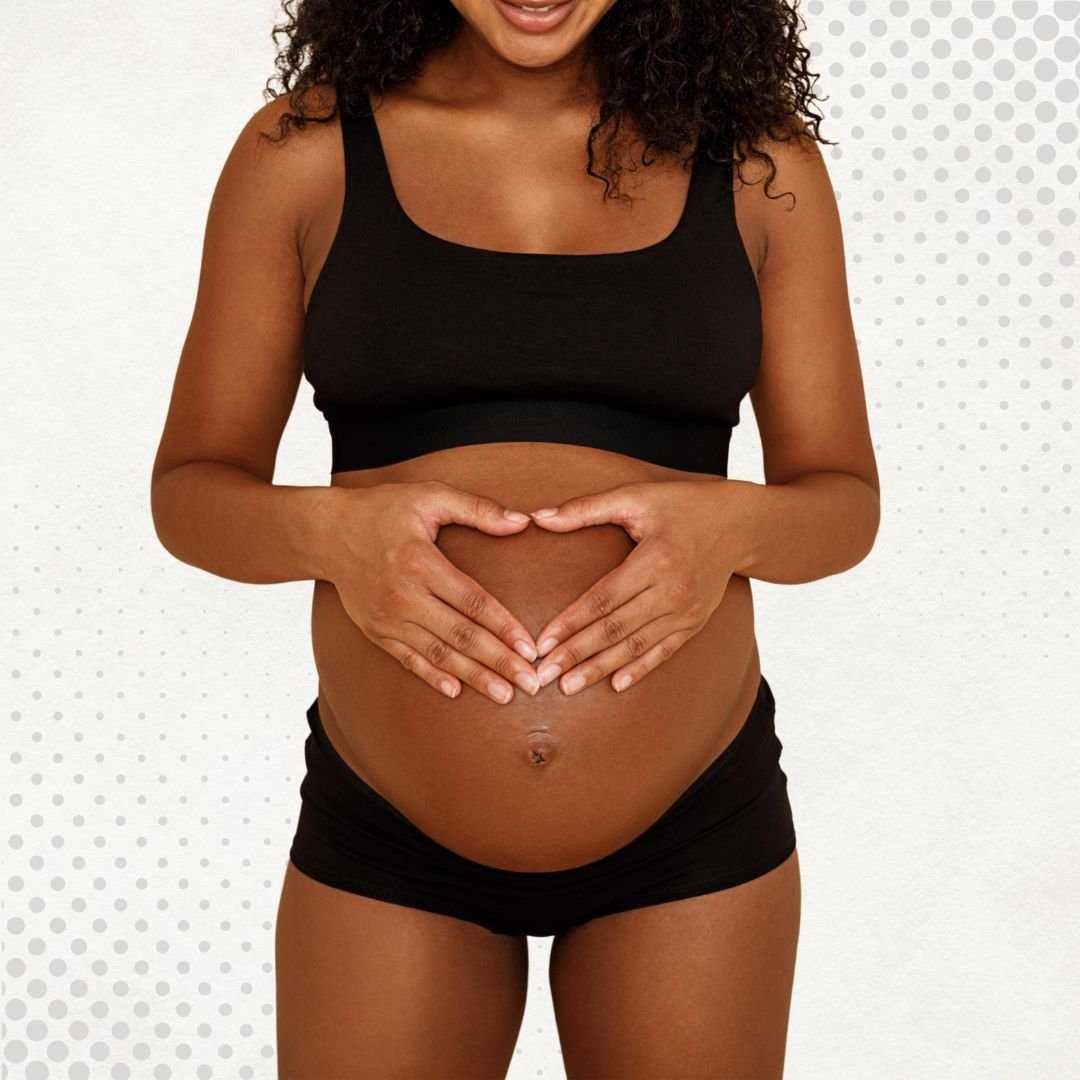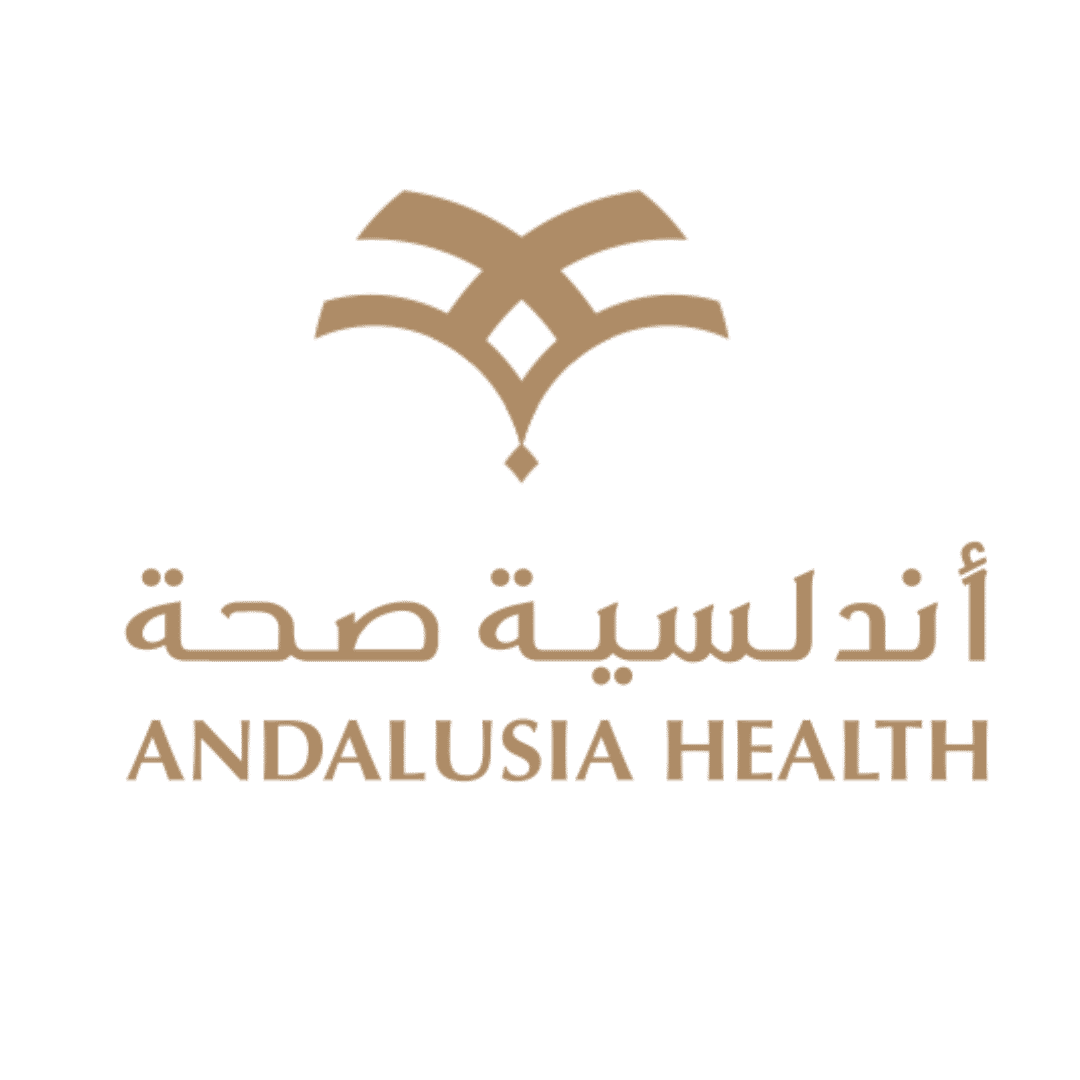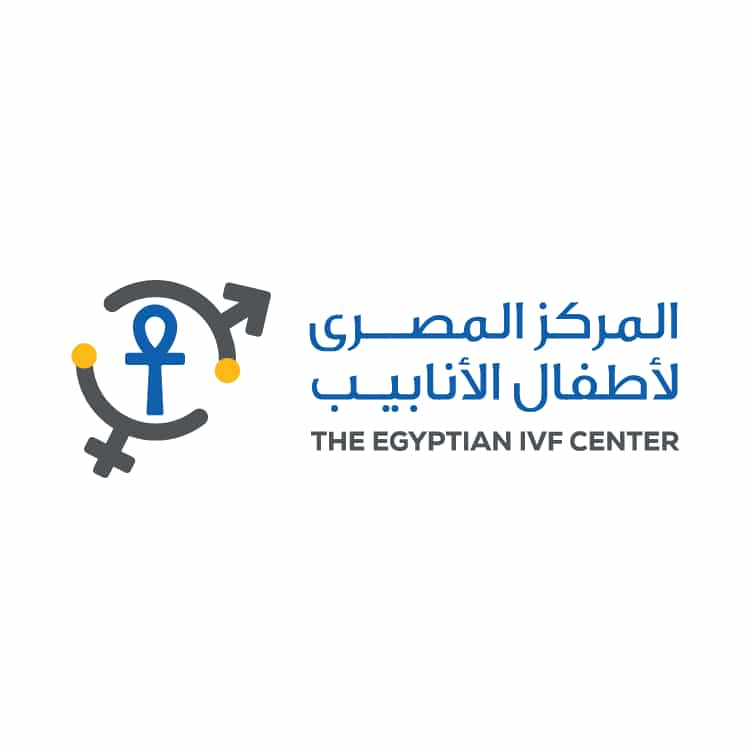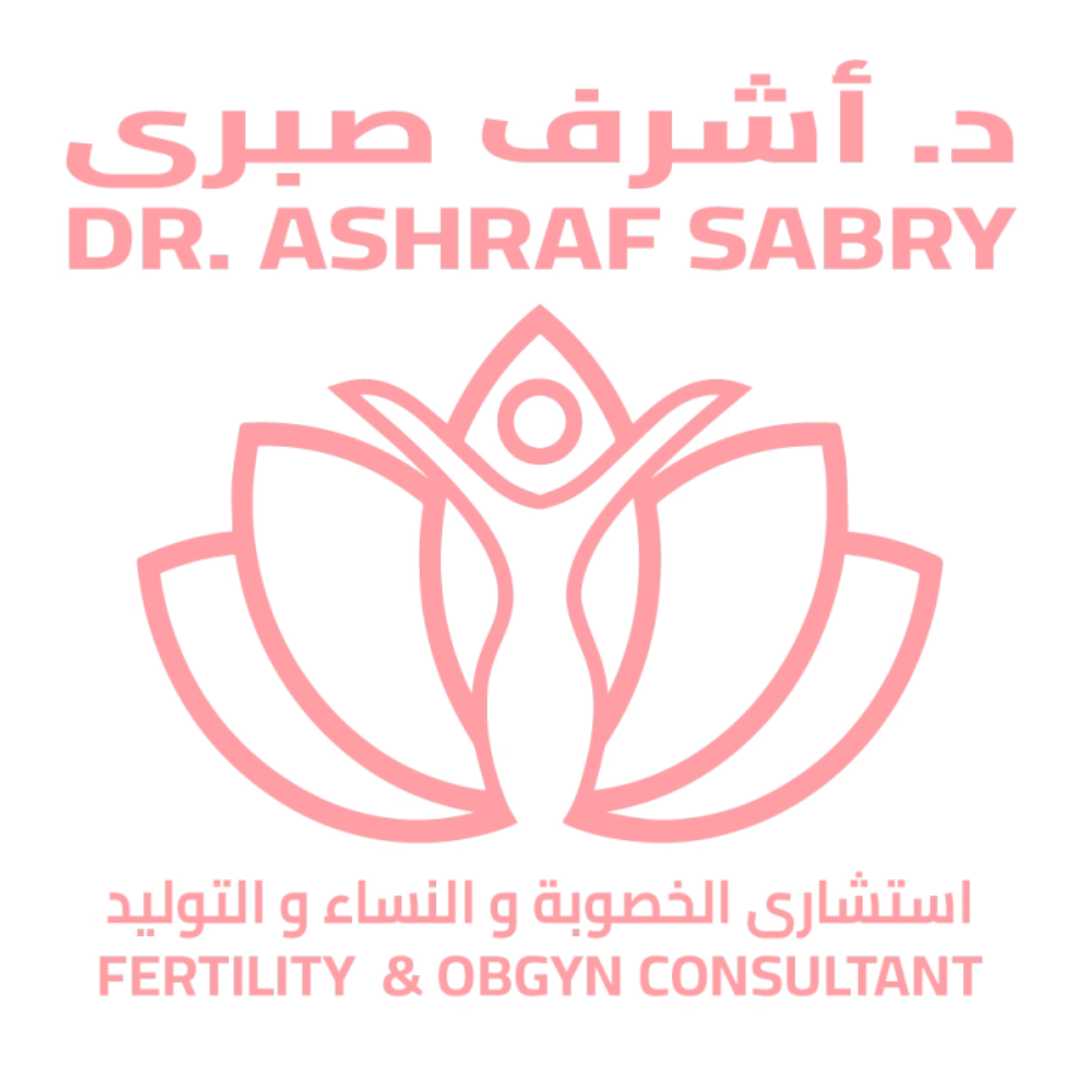Understanding Gender Selection in Egypt: Laws, Costs, and Clinical Practices

Gender selection in Egypt is not explicitly illegal but is practiced within a framework of religious and ethical guidelines, primarily for 'family balancing.Navigating the world of assisted reproductive technology can be complex, especially when considering options like gender selection. For many, the question of its legality and ethical standing in different parts of the world is a primary concern. In Egypt, a country with deep cultural and religious roots, the topic of gender selection is particularly nuanced. While there isn't a specific law that directly prohibits the practice, it operates within a unique landscape shaped by religious fatwas, medical ethics, and societal norms. This guide will walk you through everything you need to know about the legality, methods, costs, and cultural context of gender selection in Egypt, providing clear and detailed answers to the most pressing questions.
What is the legal status of gender selection in Egypt?
"The practice of gender selection in Egypt is not governed by a specific law, placing it in a legal gray area where it is neither explicitly legal nor illegal."
In the absence of direct legislation, the field of assisted reproductive technology (ART), including gender selection, is primarily guided by ethical principles and religious interpretations. The Egyptian Medical Syndicate has set general ethical guidelines for medical practices, but these do not offer specific regulations for gender selection.
This lack of a formal legal framework means that fertility clinics in Egypt that offer gender selection services operate based on their own internal standards and interpretations of the prevailing ethical and religious consensus. Patients considering this option will find that the landscape is more influenced by the edicts of religious bodies than by parliamentary law.
How do religious authorities in Egypt view gender selection?
"Egypt's foremost Islamic institution, Al-Azhar, has issued fatwas (religious rulings) permitting gender selection under specific conditions, most notably for 'family balancing'."
The position of Al-Azhar is a critical factor in the practice of gender selection in Egypt. The institution has stated that using medical technology to choose the gender of a child is permissible for couples who already have multiple children of the same sex and wish to have a child of the opposite gender. This is often referred to as "family balancing."
However, the fatwa does not give a blanket approval. It is generally understood that gender selection should not be used for first-time parents or for reasons that could be seen as discriminatory against a particular gender. The core principle is to help a family achieve a desired balance, not to pre-select the gender of a firstborn or to exclusively have children of one sex. This religious guidance heavily influences the practices of reputable fertility clinics across the country.
What is the primary method used for gender selection in Egypt?
"The most effective and commonly used method for gender selection in Egypt is Pre-implantation Genetic Diagnosis (PGD) combined with In-Vitro Fertilization (IVF)."
Pre-implantation Genetic Diagnosis (PGD) is a sophisticated scientific technique that allows for the genetic screening of embryos before they are transferred to the uterus. The process begins with a standard IVF cycle, where the woman's ovaries are stimulated to produce multiple eggs. These eggs are then fertilized with sperm in a laboratory setting to create embryos.
After a few days of development, a small number of cells are carefully biopsied from each embryo and tested to determine their chromosomal makeup, which includes identifying the sex chromosomes (XX for female and XY for male). Based on the results, embryos of the desired gender are then selected for transfer to the mother's uterus. This method is highly accurate in determining the sex of the embryo.
What does the gender selection process in Egypt entail?
"The process of gender selection in Egypt is a multi-step journey that integrates IVF with PGD, from initial consultation to embryo transfer."
For individuals or couples considering gender selection, understanding the process is key. Here's a typical breakdown of the steps involved:
- Initial Consultation and Evaluation: The journey begins with a thorough consultation with a fertility specialist. This includes a review of the couple's medical history, fertility assessments (such as ovarian reserve testing for the woman and semen analysis for the man), and a detailed discussion about the reasons for seeking gender selection.
- Ovarian Stimulation: The woman undergoes a course of hormone injections to stimulate her ovaries to produce multiple mature eggs, rather than the single egg that is typically released in a natural cycle.
- Egg Retrieval: The mature eggs are collected from the ovaries in a minor surgical procedure performed under sedation.
- Fertilization: In the laboratory, the retrieved eggs are fertilized with the partner's or a donor's sperm to create embryos. A technique called Intracytoplasmic Sperm Injection (ICSI), where a single sperm is injected directly into an egg, is often used to maximize fertilization rates.
- Embryo Biopsy and PGD: After 3-5 days, the embryos will have developed to a stage where a few cells can be safely removed for genetic testing. PGD is then performed to determine the sex of each embryo.
- Embryo Transfer: Once the results of the PGD are available, one or two healthy embryos of the desired gender are transferred into the woman's uterus.
- Pregnancy Test: About two weeks after the embryo transfer, a blood test is done to determine if the procedure has resulted in a successful pregnancy.
What is the cost of gender selection in Egypt?
"The cost of a complete cycle of IVF with PGD for gender selection in Egypt typically ranges from 80,000 to 150,000 Egyptian Pounds (EGP), though this can vary."
The overall cost of gender selection is influenced by several factors, including the reputation and location of the fertility clinic, the specific tests and procedures required, and the cost of medications. It's important for prospective patients to get a detailed cost breakdown from their chosen clinic.
This cost generally includes the IVF procedure, the PGD testing, and the embryo transfer. Additional costs may apply for initial consultations, fertility medications, and the cryopreservation (freezing) of any remaining healthy embryos for future use. Compared to many Western countries, the cost of gender selection in Egypt is often more affordable, making it an attractive option for medical tourists.
How successful is gender selection in Egypt?
"The accuracy of PGD in determining the gender of an embryo is nearly 100%, but the success of the overall IVF cycle in achieving a live birth is typically between 40% and 60%."
It's crucial to distinguish between the success rate of the gender identification and the success rate of achieving a healthy pregnancy. While PGD is extremely accurate in identifying male and female embryos, the likelihood of a successful pregnancy and birth depends on various factors.
These factors include the woman's age, her underlying reproductive health, the quality of the eggs and sperm, and the expertise of the fertility clinic. The success rates of IVF with PGD in Egypt are comparable to international standards, with many clinics reporting pregnancy rates in the range of 40-60% per cycle, particularly for women under 35.
Why do people choose gender selection in Egypt?
"The primary reasons for seeking gender selection in Egypt are for 'family balancing' and to prevent the transmission of sex-linked genetic diseases."
The concept of "family balancing" is the most cited reason for elective gender selection. Many couples who have two or more children of one gender seek to experience the joy of raising a child of the opposite sex. This desire is often rooted in personal and cultural preferences for a balanced family structure.
Another significant, though less common, reason is medical. Some genetic disorders are X-linked, meaning they are passed down through the mother's X chromosome and predominantly affect male offspring (e.g., Duchenne muscular dystrophy and hemophilia). For couples who are known carriers of such conditions, gender selection can be used to select female embryos to avoid passing on the disease.
Are there ethical concerns surrounding gender selection in Egypt?
"Yes, the practice of gender selection in Egypt does raise ethical debates, primarily centered on the potential for gender discrimination and the commodification of children."
While Al-Azhar's fatwa provides a degree of religious sanction, ethical discussions continue. A primary concern is the strong cultural preference for male children in some parts of Egyptian society, driven by the tradition of sons carrying on the family name. Critics worry that if unregulated, gender selection could lead to a significant gender imbalance in the population.
There are also philosophical and ethical questions about whether it is appropriate to choose a child's characteristics, with some arguing that it turns children into a "commodity" designed to meet parental desires. Proponents, on the other hand, argue for reproductive autonomy, asserting that parents should have the right to make informed decisions about their family planning, especially when it is for the purpose of balancing their family.
Do I need to be a resident of Egypt to undergo gender selection there?
"No, you do not need to be a resident of Egypt. The country is a growing hub for medical tourism, and many fertility clinics cater to international patients seeking gender selection."
Fertility clinics in Egypt are well-equipped to handle international patients, with many having multilingual staff and offering packages that may include assistance with travel and accommodation. The combination of high-quality medical care, experienced specialists, and more affordable costs makes Egypt a desirable destination for this procedure.
What are the risks associated with gender selection?
"The risks associated with gender selection are primarily those linked to the IVF process itself, as PGD is considered a safe procedure for the embryo."
The risks of IVF can include:
- Ovarian Hyperstimulation Syndrome (OHSS): A reaction to the fertility medications used to stimulate egg production.
- Multiple Pregnancies: If more than one embryo is transferred, there is a higher chance of twins or triplets, which carries increased risks for both the mother and the babies.
- Ectopic Pregnancy: The embryo implants outside the uterus, usually in a fallopian tube.
- Procedure-related risks: As with any medical procedure, there are small risks of bleeding or infection associated with egg retrieval.
The PGD process itself, which involves the biopsy of a few cells from the embryo, has been shown to be safe with no increased risk of birth defects.
How do I choose the right fertility clinic in Egypt?
"Choosing the right clinic involves researching their experience with gender selection, success rates, patient reviews, and ensuring they follow ethical guidelines."
When selecting a clinic, consider the following:
- Accreditation and Licensing: Ensure the clinic is licensed by the Egyptian Ministry of Health.
- Experience and Specialization: Look for a clinic with a proven track record in IVF and PGD.
- Success Rates: Inquire about their specific success rates for IVF with PGD for patients in your age group.
- Transparency in Costs: A reputable clinic will provide a clear and detailed breakdown of all costs involved.
- Patient Testimonials: Reading reviews from previous patients can provide valuable insights into their experience.
Ready to explore your options for building the family of your dreams? PlacidWay is your trusted partner in connecting with world-class healthcare services and medical tourism opportunities in Egypt and beyond. Explore our network of accredited fertility clinics and take the next step on your journey with confidence.


.png)
-Package-in-Bangkok-Thailand-at-First-Fertility-PGS-Center.jpg)












Share this listing